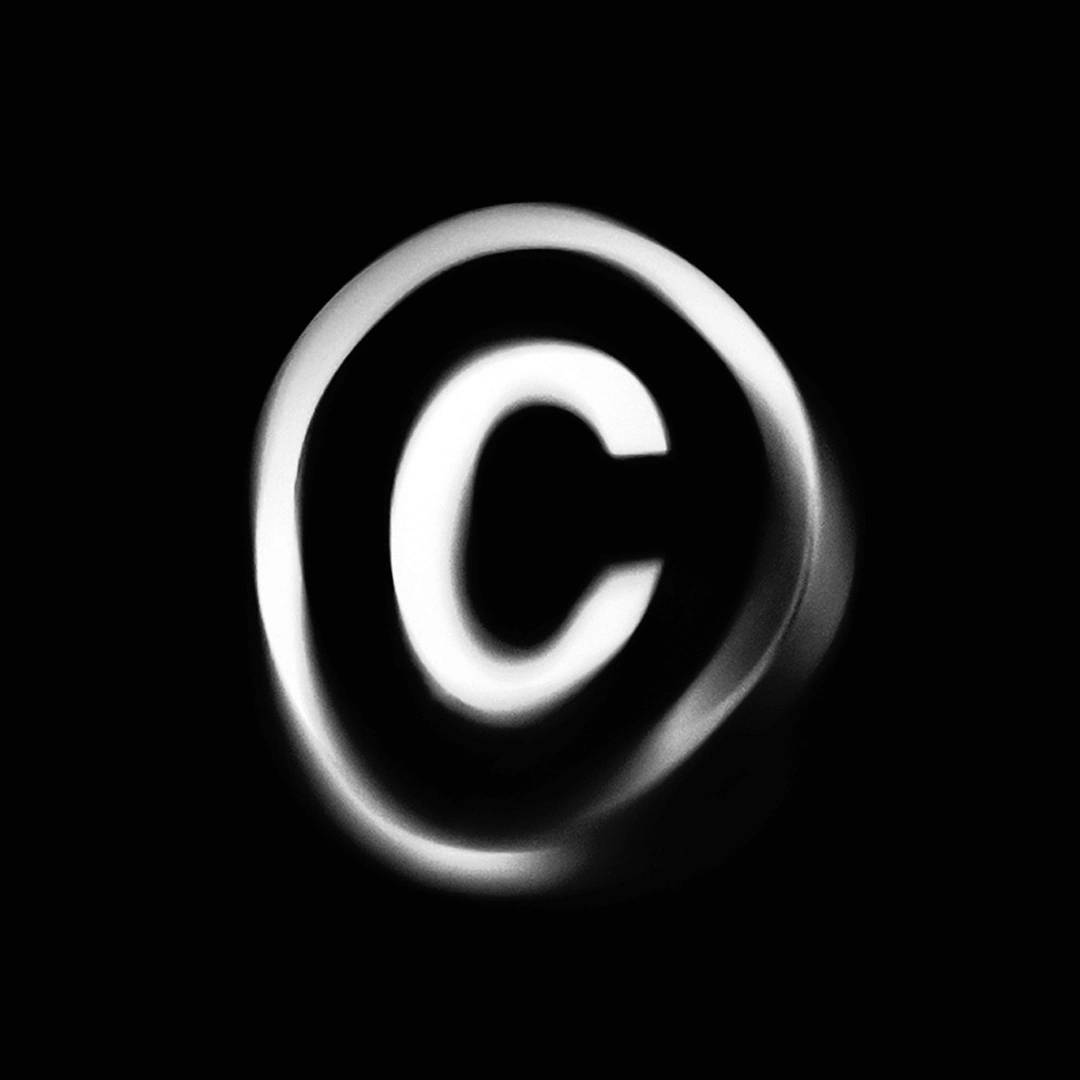As an indie musician, you pour your heart and soul into creating captivating melodies and heartfelt lyrics that resonate with your audience. It’s a journey that requires tremendous dedication, vulnerability, and countless hours of hard work. Amidst the artistic process, it’s easy to overlook the importance of securing ownership of your creations. But, understanding music copyrights and taking the necessary steps to protect your work is crucial for maintaining control and ensuring that you earn the royalties you deserve.
The Essence of Copyright
At its core, copyright is the legal right granted to the owner of intellectual property, safeguarding their creative work from unauthorized use or reproduction. Whether it’s your music, writing, art, or any other form of expression, copyright ensures that you have the exclusive right to copy, replicate, and reproduce your work. For musicians, copyright law shields your songs from being redistributed by other artists and allows you to claim royalties if someone else rerecords your music. It provides you with the authority to take legal action against anyone who attempts to infringe upon your creative endeavors.
The Distinction Between Copyright and Copyright Registration
While the terms “copyright” and “copyright registration” might seem interchangeable, there are crucial differences between the two.
Copyright automatically comes into effect as soon as your creative work is fixed in a tangible form, such as writing your song lyrics on paper or typing them on a computer. Intellectual property law grants automatic copyright protection to any original work, including movies, novels, poetry, and, of course, songs. This means that the moment you create your music, you become the owner of the copyright.
On the other hand, copyright registration is a separate action that provides additional benefits and protections for your work. Although registration is not mandatory, it can be immensely advantageous in certain situations. By registering your copyright, you create a public record of your ownership, informing the world that the work is yours. It establishes a clear chain of ownership and ensures that anyone wishing to use your song must obtain your permission, preserving your rights and preventing infringement. Additionally, copyright registration grants you the leverage to file a lawsuit if someone attempts to reproduce your work without authorization. Registering within three months of publication also makes you eligible to acquire statutory damages.
Read the full article here.



